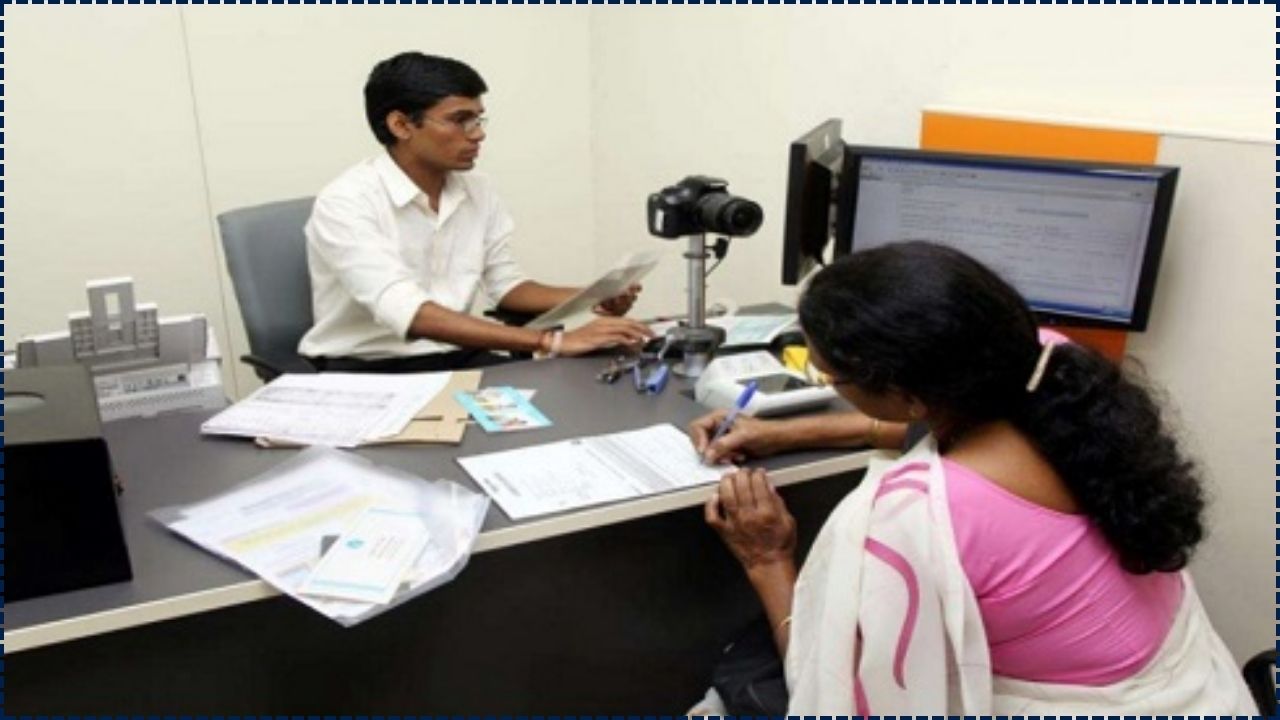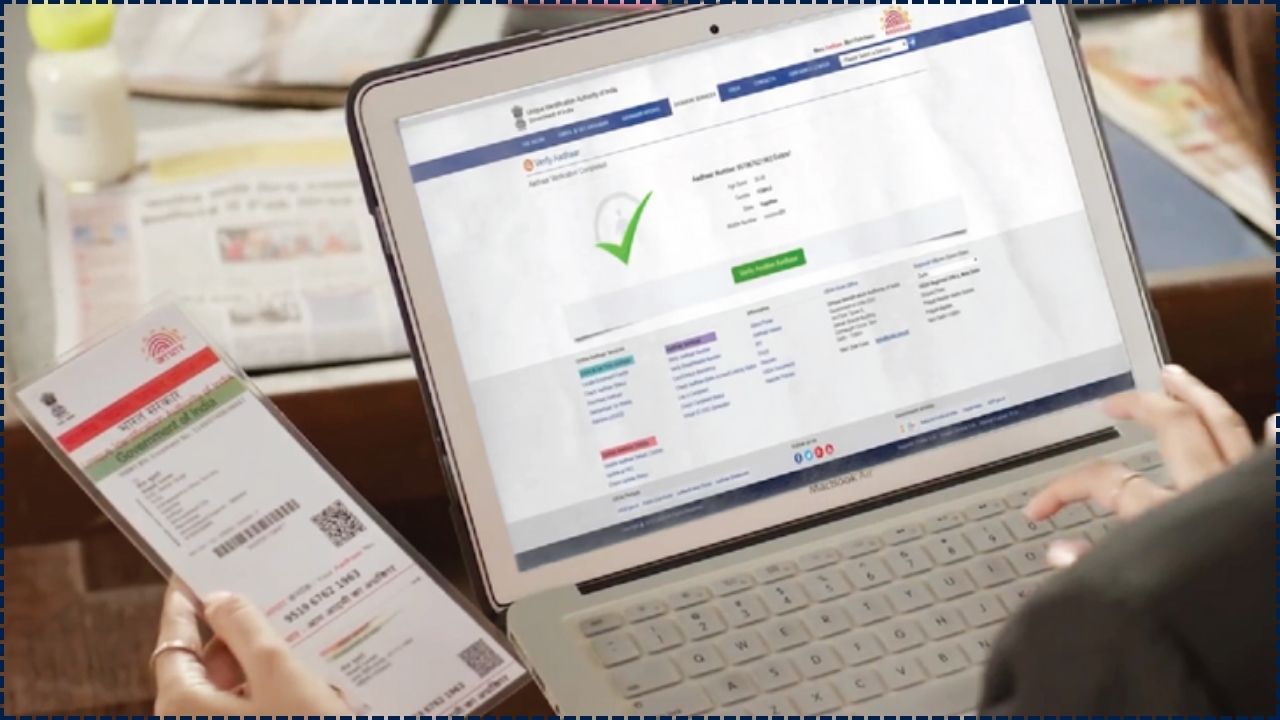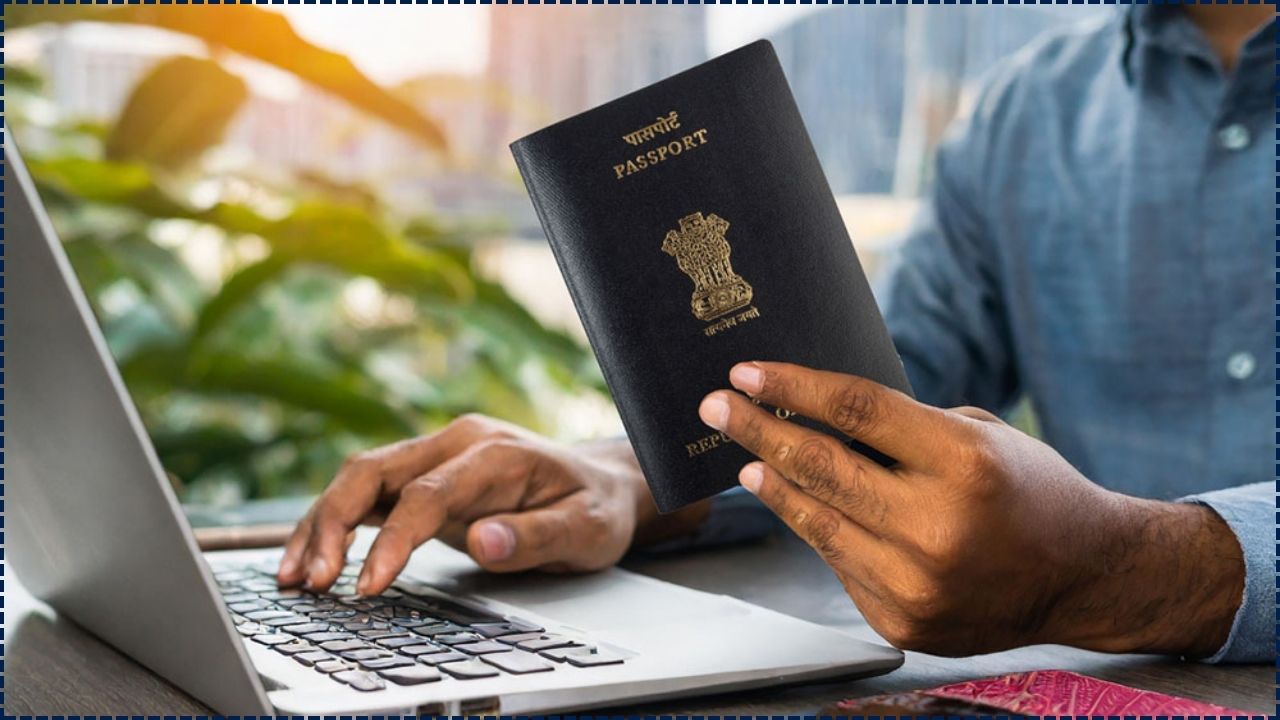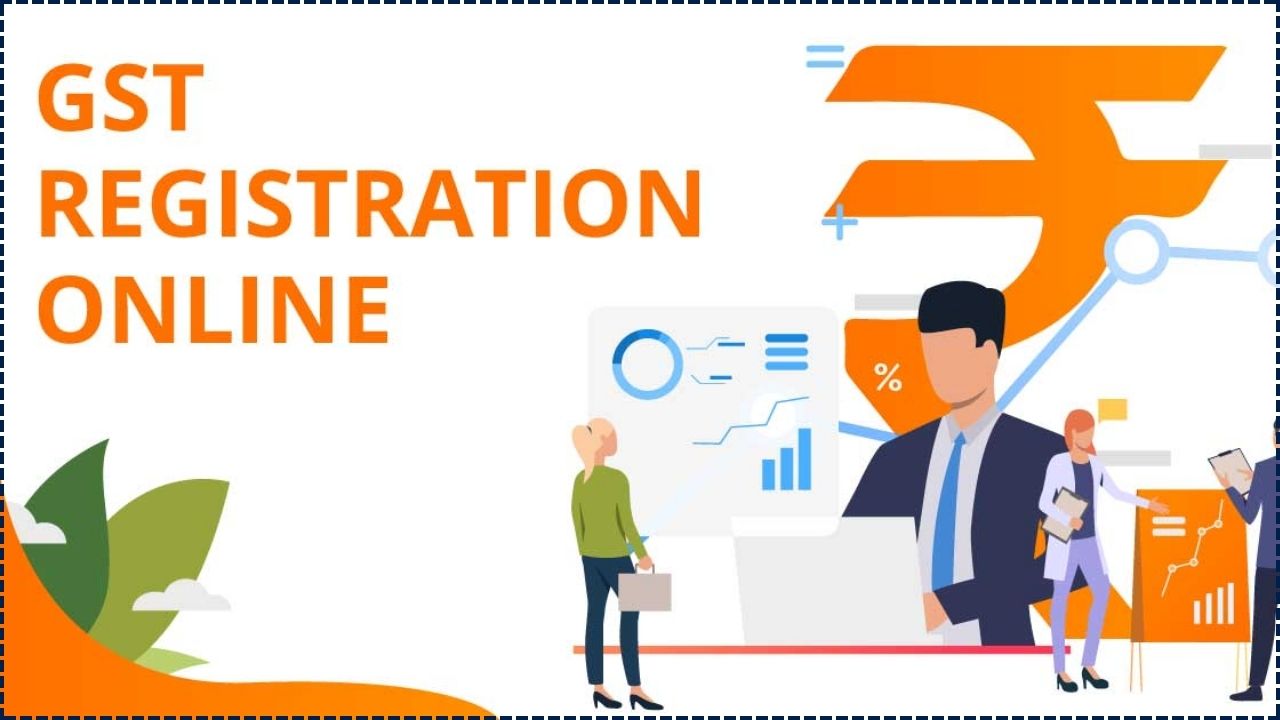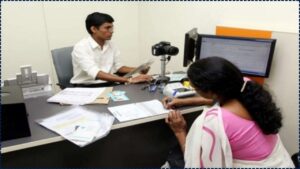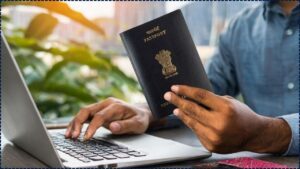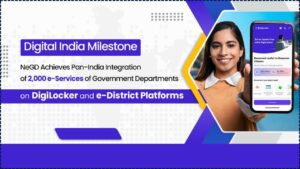India’s online death certificate application system, a vital part of the nation’s digital governance reforms, embodies a compassionate commitment to supporting families during times of loss by offering a swift, transparent process that honors their loved ones with dignity and respect. By streamlining access through verified government platforms, this initiative reduces bureaucratic burdens and fosters trust, particularly for vulnerable communities navigating grief.
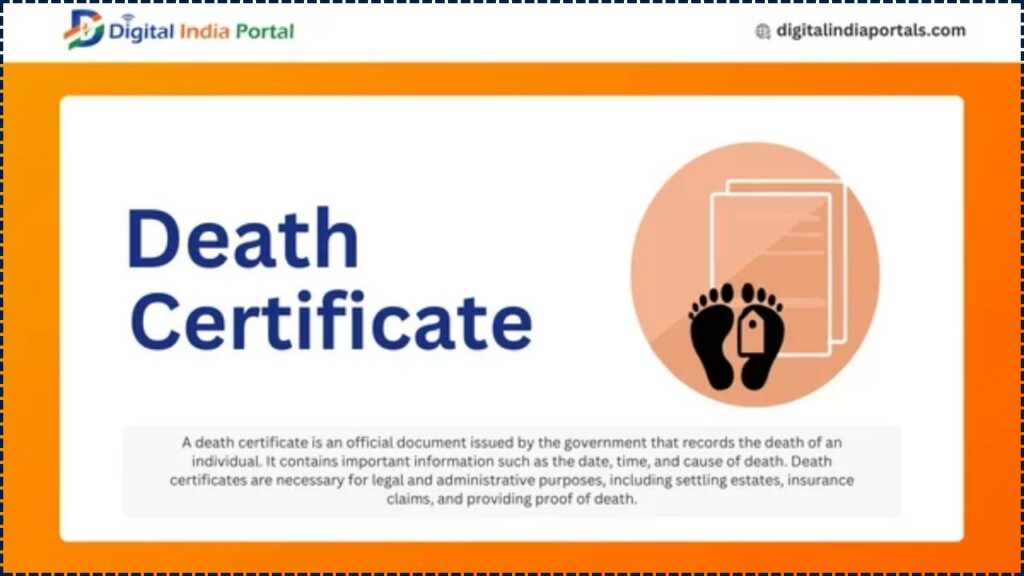
Experts emphasize the importance of vigilance against security risks to protect personal information, uniting citizens, authorities, and communities in a shared mission to ensure a secure, empathetic system that upholds every family’s right to closure and supports a hopeful, inclusive future within India’s evolving digital landscape.
Indian citizens can now apply for a death certificate online through the central Civil Registration System and various state portals. The digital process aims to simplify access to vital records, reduce bureaucratic delays, and ensure families can settle legal and financial matters efficiently.
Why a Death Certificate Is Essential
A death certificate is a legal document issued by municipal or state authorities, confirming a person’s death. It is required for transferring property, claiming insurance, closing bank accounts, and deactivating Aadhaar numbers to prevent misuse.
According to the Registrar General of India, death registration is mandatory under the Registration of Births and Deaths Act, 1969. The law obliges hospitals, local bodies, and family members to report deaths within 21 days.
Apply for a Death Certificate Online
Access the CRS or State Portal
The Civil Registration System (CRS) at crsorgi.gov.in provides a unified platform across India. Many states, including Tamil Nadu, Punjab, and Maharashtra, also operate linked portals for direct applications.
Complete the Registration Form
Applicants must fill in details such as the name of the deceased, date and place of death, and parent or spouse details.
- Form 2 is used when a family member registers the death.
- Form 4/4A is issued by medical practitioners for hospital or non-hospital deaths.
Upload Supporting Documents
Required documents generally include:
- Medical certificate of cause of death (Form 4 or 4A)
- Identity proof of the deceased (Aadhaar, PAN, voter ID)
- Identity proof of the applicant
- Proof of residence of the deceased
Pay the Applicable Fee
Fees vary by state, usually ranging from ₹20 to ₹100 per certificate. Online payments can be made through net banking, UPI, or debit cards.
Download the Certificate
Once verified, the digitally signed certificate is available for download as a PDF. Some local bodies may still require physical collection of an official copy.
State-Specific Examples
- Tamil Nadu: The CRS Tamil Nadu portal allows citizens to download certificates with a unique registration number.
- Punjab: Citizens can apply through connect.punjab.gov.in, which integrates online payment.
- Chennai: Despite adopting OTP verification, flaws in the system raised concerns about unauthorized access, according to a report in The Times of India.
- Hyderabad: The Greater Hyderabad Municipal Corporation (GHMC) is moving to QR-coded certificates to prevent fraud.
Related Links
All you Need to Know About Linking Aadhaar with PAN
Decoding the Civil Services: A Look Into the Roles of IAS and IPS Officers
Understanding the GeM Portal: A Guide to Government e-marketplace For Small Businesses
Linking Aadhaar and Deactivation
In 2024, the Unique Identification Authority of India (UIDAI) introduced a feature on the myAadhaar portal enabling families to report a death for Aadhaar deactivation. Officials said this helps prevent identity theft and misuse of subsidies.
“Timely reporting of deaths ensures legal closure for families and protects against financial fraud,” said Ravi Shankar Prasad, former Minister for Electronics and IT, during a parliamentary briefing on digital governance reforms.
Challenges and Risks
While digitisation reduces delays, challenges remain. Some citizens face difficulties with internet access and digital literacy, particularly in rural areas. Experts also caution against fraudulent websites imitating government portals. Citizens are advised to rely only on official .gov.in domains.

